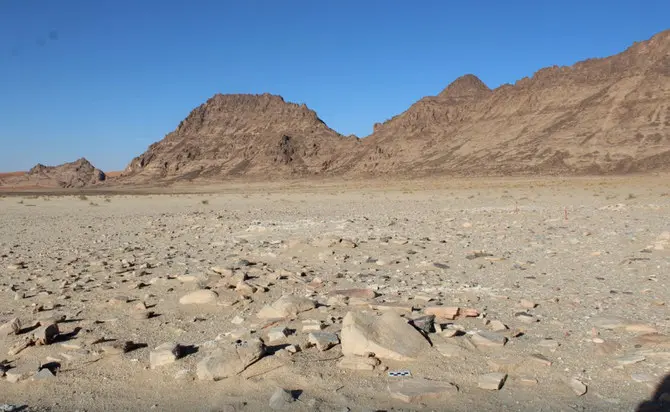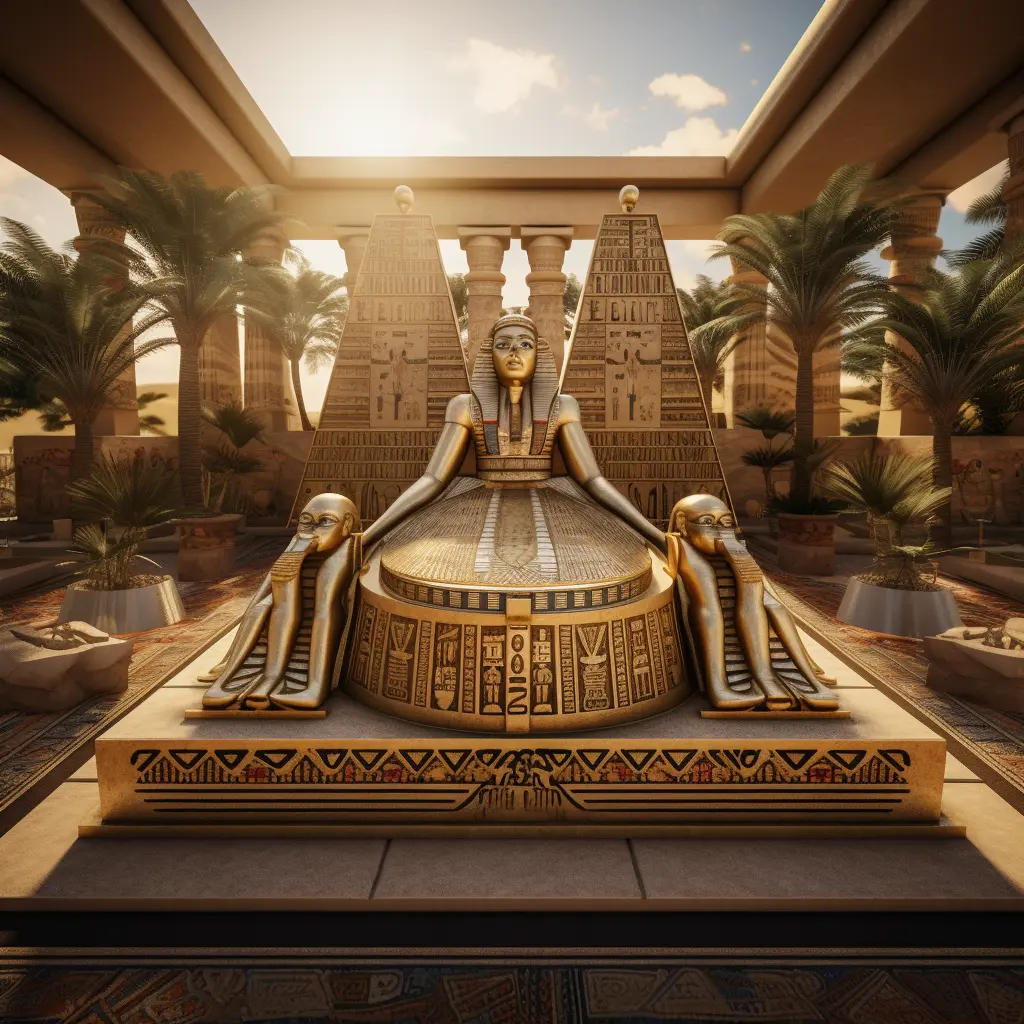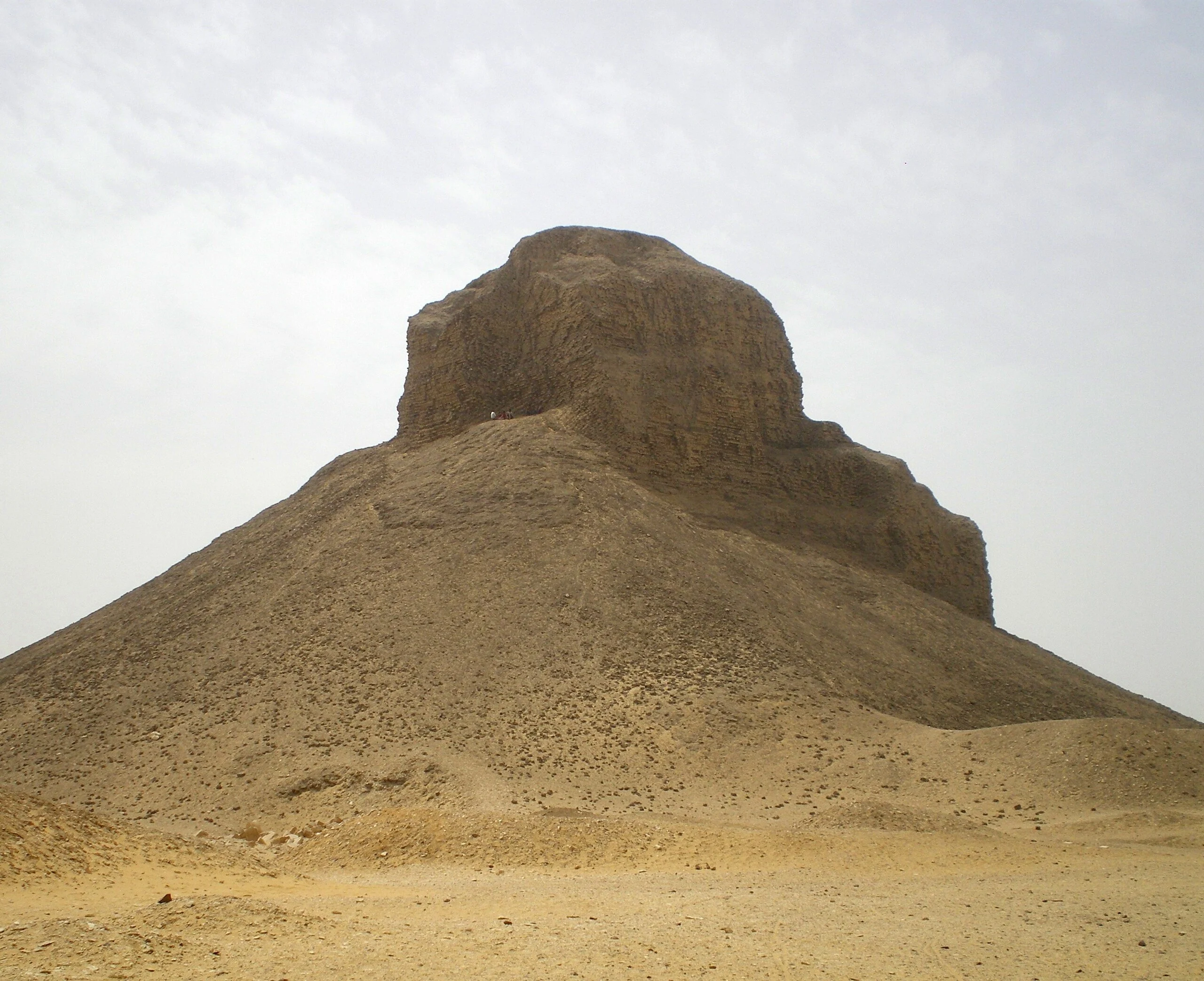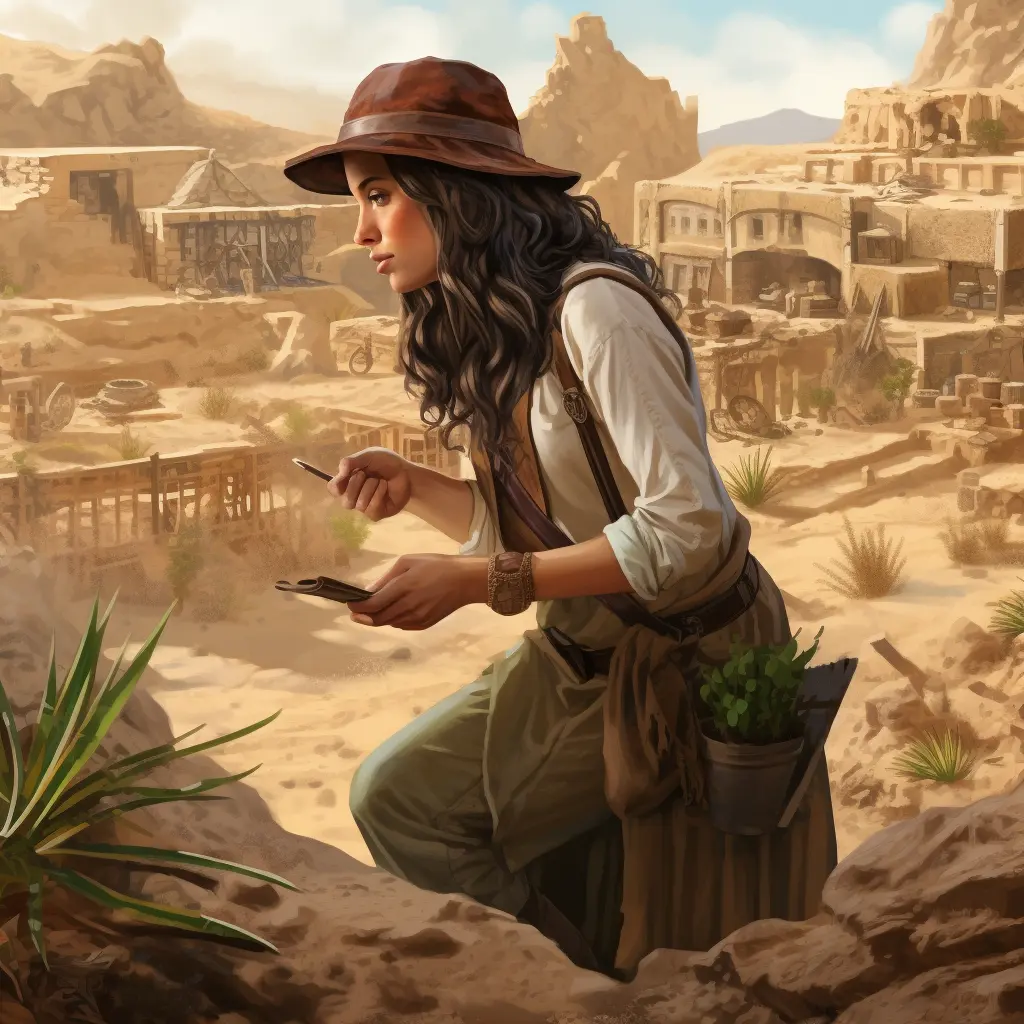
MAKKAH: Saudi Arabia’s Heritage Authority is collaborating with the King Abdulaziz Foundation for Research and Archives, as well as two Belgian universities, KU Leuven and UCLouvain, to publish a book and create a documentary film commemorating an archaeological expedition conducted during King Abdulaziz’s reign.
The effort, dubbed “Documenting the Scientific Content of the Rickmans Mission,” aims to digitise and translate French handwritten texts into Arabic, English, and Dutch. The book will be released in all of the above languages.
“In the Footsteps of Rickmans,” a documentary film, will retrace the expedition’s journey and involve a team of experts from both countries. The voyage will begin in Jeddah, pass through various important destinations, and conclude in Riyadh.
Gonzague Rickmans, a Semitic languages professor, Philippe Lippens, an expert in ancient art and inscriptions, Jacques Rickmans, renowned for his expertise in comparative linguistics, history of the Hamiri, and ancient South Arabian and Sabaean languages, and Abdullah Philby, the explorer, were all part of the four-month expedition from 1951 to 1952.

The explorers travelled approximately 5,000 kilometres across the Kingdom’s western, southern, and central regions. The expedition was extensively documented at every stage. Despite the challenges given by the steep terrain in numerous places visited, the crew successfully catalogued around 12,000 inscriptions.
Dr. Suleiman Al-Thaqafi, professor of old Arabic script and cultural advisor at the King Faisal Centre, emphasised the exploration’s cultural value.
He emphasised Saudi Arabia’s stability and security under King Abdulaziz’s reign. “The fact that Belgian researchers, led by Abdullah Philby, undertook such an extensive journey is a testament to the nation’s safety and prosperity at that time,” Mr. Philby added.
The relevance of the mission goes beyond archaeology because the explorers documented Saudi Arabian society, geography, clothes, rituals, and daily life. This has resulted in a treasure trove of information for researchers.
According to Al-Thaqafi, Jacques Ryckmans is regarded as a pioneer in the study of the South Arabian script, having written the first book on the subject.
“Gonzague Rickmans is a leading expert in the field of ancient Arabic scripts.” His expedition-related research and studies are numerous. When I was a student at the University of Leuven in Belgium, he oversaw my studies.
“He is a well-known scholar and a distinguished personality.” As a result, this initiative is critical because it shines light on the Kingdom of Saudi Arabia’s historical and archaeological depth, as well as the role of its residents in building its cultural heritage — a treasure that we should preserve’, he said.
Saudi Arabia’s longstanding attractiveness to Western researchers, according to Alia Al-Fayadh, a lecturer in the history department at King Saud University, is due to its archaeological treasures and rich cultural diversity.
“The Belgian expedition not only inventoried ancient inscriptions and rock art but also recorded various aspects of Saudi society and its regions in the 1950s,” she went on to say.
Source: Arab news



